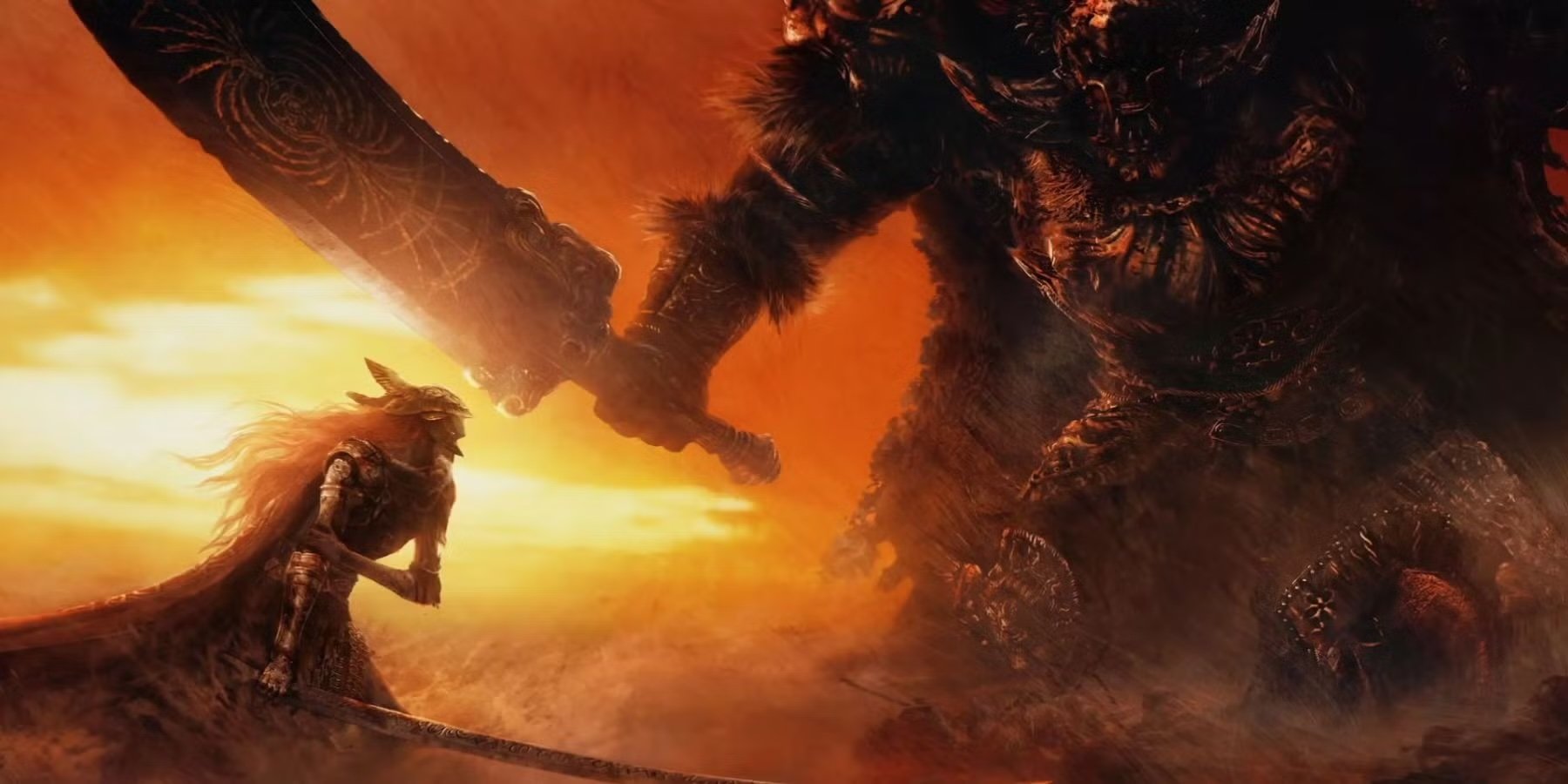On April 20, the online game QQ Tang by Chinese multinational tech company Tencent officially ceased operations on the Chinese mainland after a shift in strategic planning.
The multiplayer game was launched at the end of 2004 and was a riot of colors and shapes. The game’s premise revolved around strategically arranging sugar bubbles to eliminate other players.
Not unlike ticking time bombs, the sugar bubbles exploded at some point, releasing syrup that trapped adjacent characters. Players who weren’t saved by their teammates and remained trapped were eliminated.
Similar to the Japanese game Super Bomberman, QQ Tang had a solid fanbase thanks to its cute visuals.
For many Chinese Millennials who spent their childhoods playing the game, QQ Tang occupies a special place in their hearts. Unsurprisingly, many were saddened by the news of its termination.
On Weibo, a hashtag related to QQ Tang’s termination has gone viral and accumulated more than 140 million views. Under the hashtag, many have shared their sorrow at witnessing a favorite childhood game going the way of the Dodo.
“It was really fun to play! I would try to play a few rounds after school, no matter how much homework I had,” a netizen posted.
Another lamented, “This makes me want to cry. The game was such a big part of my childhood and teenage years.”

QQ Tang players strategically placing sugar bubbles. Screengrab via Youtube
Classic video games from decades ago, such as QQ Tang, are regularly eclipsed by more elaborate creations in an increasingly competitive market.
And while the Chinese gaming sector was recently hindered by an eight-month-long freeze on new video games licenses, authorities recently lifted the restrictions, meaning that dozens of new titles will soon be available on the Chinese market.
For many Chinese gamers, it is bittersweet to enjoy new games with sophisticated designs while bidding farewell to childhood favorites.
Cover image via Weibo


















